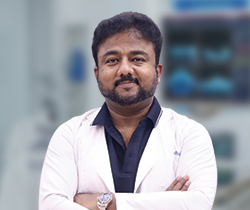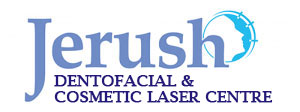Composite Restorations
Maxillofacial fracture restoration involves the treatment and reconstruction of fractures in the bones of the face, including the jaw, cheekbones, nose, and forehead. These fractures can result from trauma such as accidents, sports injuries, falls, or assaults. The goal of restoration is not only to ensure proper healing and function but also to restore aesthetic appearance.
Key Elements of Maxillofacial Fracture Restoration:
1. Initial Assessment
- History & Physical Examination: A thorough history to understand the cause of trauma and symptoms (e.g., pain, swelling, difficulty breathing, or chewing). Physical examination includes inspection of the face, palpation for tenderness, and assessment of nerve function (such as sensation around the lips or chin).
- Imaging: X-rays, CT scans, or MRI may be used to assess the location, type, and severity of the fractures.
2. Types of Maxillofacial Fractures
- Mandibular Fractures: These involve the lower jaw and are among the most common. Types include fractures of the body, angle, or condyle.
- Zygomatic Complex Fractures: These affect the cheekbones and can disrupt the orbital rim, affecting both the appearance and function of the eye.
- Nasal Fractures: Broken noses, often resulting from trauma to the facial region.
- Orbital Fractures: These fractures affect the bones around the eyes and can involve damage to the eye itself or the muscles that control eye movement.
- Le Fort Fractures: These are classified into three levels (I, II, III) and involve the upper jaw (maxilla), affecting the face’s overall structure and alignment.
- Temporal Bone Fractures: These can affect hearing and facial nerve function.
3. Treatment Options
- Non-Surgical Management: For stable, non-displaced fractures, conservative treatments like ice, rest, and soft diet can be enough.
- Surgical Restoration:
- Open Reduction and Internal Fixation (ORIF): Involves surgery to realign the fractured bones and secure them with plates, screws, or wires. This is commonly used for fractures in the mandible, zygomatic bones, and nasal bones.
- Bone Grafting: If there is significant bone loss, bone grafts (from the patient’s own body or synthetic materials) may be required to restore structure.
- Orthognathic Surgery: In cases where the jaw is misaligned or function is impaired, corrective jaw surgery may be needed.
4. Postoperative Care
- Wound Care: Proper cleaning of surgical sites to prevent infection.
- Pain Management: Medications to control pain and swelling.
- Monitoring for Complications: These can include infection, malunion (improper healing), nerve damage, or impaired function (e.g., difficulty chewing or breathing).
5. Rehabilitation
- Physical Therapy: If jaw movement or facial muscles are affected, physical therapy exercises may help restore function.
- Psychological Support: Facial trauma can lead to psychological distress due to changes in appearance, so counseling or support groups may be beneficial.
6. Aesthetic Considerations
- Cosmetic Restoration: In cases where the fracture involves the facial bones (like the zygoma or nose), reconstructive surgery may be necessary to restore facial symmetry and appearance.
- Dental Restoration: After fractures in the jaw or teeth, dental treatments like implants, bridges, or dentures may be necessary to restore chewing function and appearance.
7. Prognosis
- The outcome of treatment largely depends on the type and severity of the fracture, the timing of intervention, and the overall health of the patient. With timely and appropriate care, most patients recover with little to no long-term functional or aesthetic issues.
Maxillofacial fracture restoration is a specialized field that requires coordination between oral surgeons, plastic surgeons, ENT specialists, and other healthcare providers to achieve the best possible functional and cosmetic outcomes.
Meet Our Specialist

DR. C. Binila Asir
MDS
